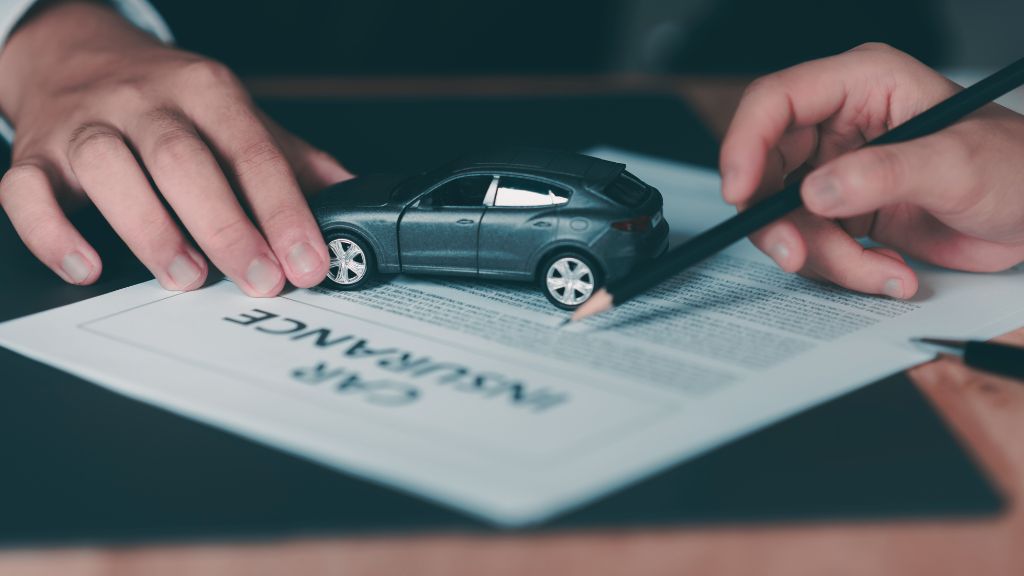When it comes to having a car, you have two main options: buying or leasing. Each has its benefits, but today we’re focusing on one clear advantage of owning a car over leasing one. If you are wondering Which Example Shows an Advantage of Owning a Car Over Leasing One then We’ll use a simple example to illustrate this.
Imagine you’re driving a car you own. After five years, your car is fully paid off, and you no longer have monthly payments. Now, you can use that extra money for other things you enjoy, like saving for a vacation or buying new gadgets. This is a huge advantage!
Understanding Monthly Payments
Monthly payments are a big part of both buying and leasing a car. Here’s how they compare:
- Owning: If you buy a car with a loan, you’ll have monthly payments for a few years. These payments go toward paying off the loan you took to buy the car. Once the loan is paid off, those payments stop, and the car is yours.
- Leasing: When you lease a car, you’ll always have monthly payments. Leasing is like renting; you’re paying to use the car, not to own it. Once the lease term ends, usually after two or three years, you return the car and start a new lease with new monthly payments.
Also read: What Will Be the Economic Impact of Climate Change on Farming
Long-Term Financial Benefits
The long-term financial benefits of owning a car are significant. Let’s break it down:
- Owning: After your car is paid off, it’s yours! You no longer have to make monthly payments, which means more money in your pocket each month. Over time, this can add up to a significant amount of savings. For example, if your monthly car payment was $300 and you finish paying off your car loan, you suddenly have an extra $300 each month.
- Leasing: You never really stop paying for the car. Even though your monthly payments might be lower compared to buying, they never go away. Over many years, leasing can end up being more expensive because you’re continuously making payments without ever owning the car.
Flexibility and Freedom
Another major advantage of owning a car is the flexibility and freedom it offers. Let’s explore this further:
- Owning: Owning your car allows you to drive as much as you like without being concerned about mileage limits. You can take long road trips, commute to work, and visit friends and family as often as you like. You can also customize your car any way you like, from adding a new sound system to changing the color.
- Leasing: Leased cars often come with mileage restrictions. If you drive more than the allowed miles, you’ll have to pay extra fees. This can be restrictive if you have a lengthy commute or love taking road trips. Plus, you can’t make changes to the car without facing penalties. Leasing companies want the car back in good condition, just as you received it.
Depreciation and Value
Depreciation is the decrease in a car’s value over time. Here’s how it affects owning and leasing:
- Owning: When you buy a car, it starts to lose value the moment you drive it off the lot. However, if you plan to keep the car for many years, this depreciation doesn’t impact you as much. You can get many years of use out of the car, and by the time you’re ready to sell it, you’ll have saved money by not having car payments.
- Leasing: Depreciation is less of a concern with leasing because you’re not keeping the car long-term. However, the lease payments are designed to cover the depreciation and provide profit to the leasing company. This means you might end up paying more over time compared to owning a car.
Building Equity
When you own a car, you build equity in it. Here’s what that means:
- Owning: Each payment you make on your car loan builds equity. Once the car is paid off, you have a valuable asset that you can sell or trade-in. This can be helpful if you want to buy another car in the future. The value of your current car can be used as a down payment for your next car.
- Leasing: With leasing, you don’t build any equity. You’re paying to use the car, not to own it. At the end of the lease, you return the car and don’t get any money back. You’ll need to start a new lease or find another way to get a car.
Emotional Satisfaction
Owning a car can bring a sense of pride and accomplishment. Let’s see why:
- Owning: There’s a special feeling that comes with knowing you own your car. It’s a significant milestone and can bring a sense of financial stability. You have the freedom to drive and take care of your car as you wish. This emotional satisfaction is something many car owners cherish.
- Leasing: Leasing doesn’t provide the same sense of ownership. While you get to drive a new car every few years, it’s not truly yours. This can be less fulfilling for some people who value ownership.
Also read: How Can Goal Setting Help With Academic Performance?
Final Words
The biggest advantage of owning a car over leasing one is the financial freedom you gain once the car is paid off. Owning a car means you can eventually stop making payments, giving you more money to spend on other things. This long-term savings can be significant and is a major reason why many people prefer to own their cars.
While leasing might seem appealing because of lower monthly payments and the chance to drive a new car every few years, in the long run, owning a car can save you a lot of money. Plus, you get the freedom to drive as much as you want and customize your car to your heart’s content. You build equity in your car, and you have the satisfaction of owning something valuable.
So, if you’re thinking about getting a car, consider the long-term benefits of owning. It’s a great feeling to know that your car is truly yours, and your wallet will thank you too!



